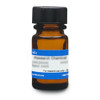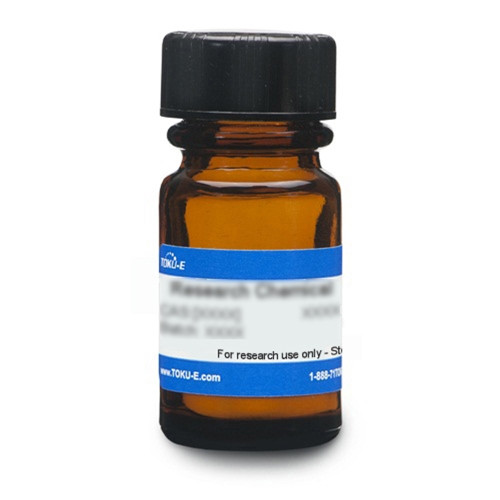Telavancin Hydrochloride is the hydrochloride salt of Telavancin, a lipoglycopeptide antimicrobial that has bactericidal activity against Gram-positive bacteria including MRSA. It was derived from Vancomycin, and has superior in vitro activity against glycopeptide-susceptible organisms. Structurally, it has a hydrophobic side chain attached to the vancosamine sugar. The compound was developed by Cumberland Pharmaceuticals.
Telavancin Hydrochloride is very soluble in water.
| Mechanism of Action | Telavancin inhibits the synthesis of bacterial cell walls by binding to the D-Ala-D-Ala terminus of the peptidoglycan in the growing cell wall. It also disrupts bacterial cell membrane potential and permeability since the lipophilic moiety of the compound may interact with the lipid bilayer in the membrane. Fluorescent microscopy studies revealed that the compound binds to the division septum, the site of active cell wall synthesis due to richness of lipid II. This preferential binding lead to enhanced antibacterial potency when compared ot vancomycin. |
| Spectrum | Effective against Gram-positive bacteria such as MRSA, VISA and hVISA strains of S. aureus. |
| Microbiology Applications | Telavancin is commonly used in clinical in vitro microbiological antimicrobial susceptibility tests (panels, discs, and MIC strips) against Gram-positive isolates. Medical microbiologists use AST results to recommend antibiotic treatment options. Representative concentration ranges include:
For additional MIC data, click here.
|
| Molecular Formula | C80H107Cl3N11O27P |
| References |
Damodaran SE and Madhan S (2011) Telavancin: A novel lipoglycopeptide antibiotic. J. Pharmacol Pharmacother. 2(2):135-137 PMID 21772784 Lunde CS, Rexer CH, Hartouni SR, Axt S, Benton BM (2010) Fluorescence microscopy demonstrates enhanced targeting of Telavancin to the division septum of Staphylococcus aureus. Antimicrob. Agents Chemother. 54:2198-2200 PMID 20176907 |







